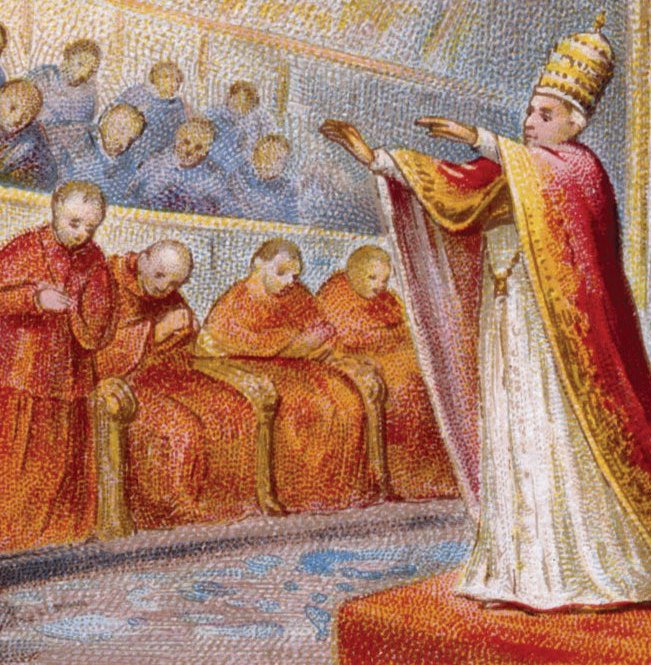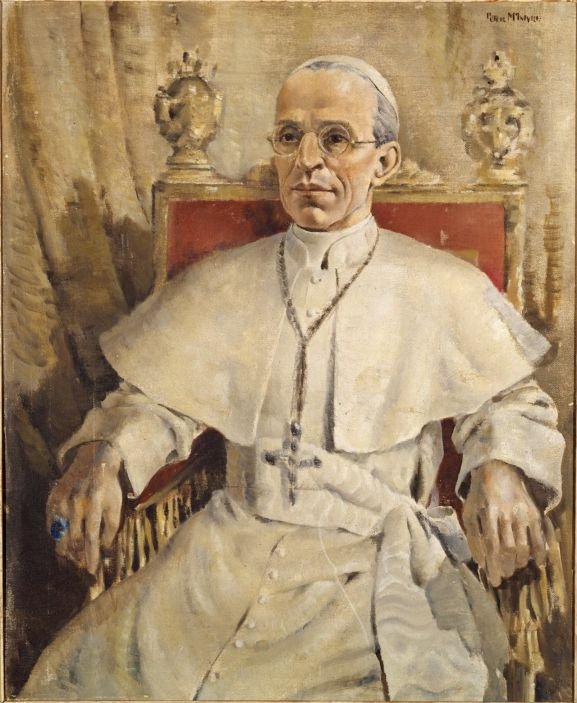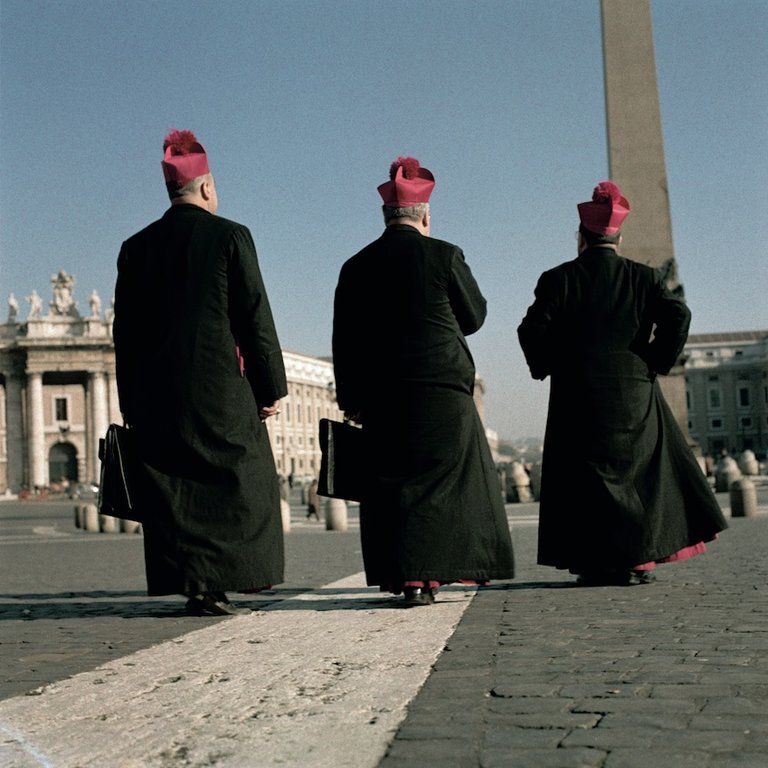The Truth about the Second Vatican Council and the Decline of the Catholic Church – #part 4

Pope Pius IX at the First Vatican Council - Image Source
However, immediately afterward, the text of the Council says the following: "No one should be prevented from acting by his conscience, especially in religious matters." If, with this, the Council wanted to insinuate that the individual has the freedom to propagate error, then this teaching would be totally irreconcilable with the Catholic tradition, which states that man does not have the natural right to adhere to error but only the free will to do so it.

Pope Pius XII by Peter McIntyre - Image Source
Finally, we could mention other errors in the Council's documents, such as referring to heretical sects as churches, although there is only one church. We also see positive evaluations of false religions such as Judaism, Islam, and even pagan beliefs. We also find the promotion of the Protestant notion that the Old Testament scriptures explain the New Testament when, in reality, it is just the opposite. For Catholics, it is the New Testament that explains the Old.

Second Vatican Council - Image Source
The most sensible opinion in this case should be somewhere in the middle. And although this issue causes me some distress from time to time, I don't lose nights of sleep because of it. It's because? Because Christ is in charge of his church, and in the same way, he allowed a heretic like Martin Luther to emerge, for example, and with that, it was a Council of Trent and a Counter-Reformation, which were a blessing that reinvigorated the Catholic Church after the tragedy of the Protestant revolt, I also think that it is precisely in this current crisis that we end up realizing more and more the importance of tradition and moral rigor in the life of the church.
And, anyway, I am still determining where this is going, but I believe in divine providence.

Follow me on Twitter